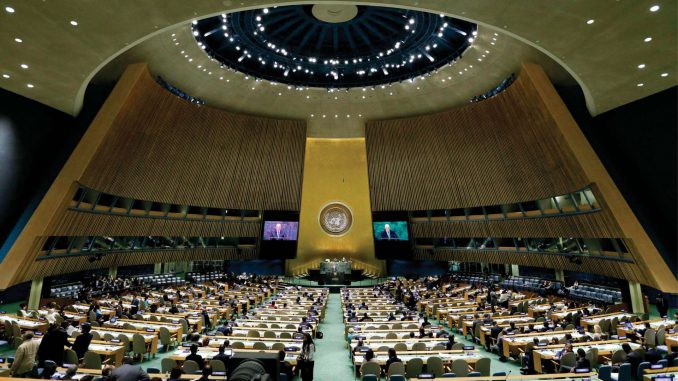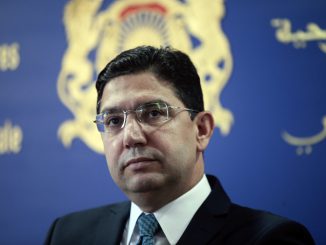
The resolution calls on all parties to cooperate fully with the UN Secretary-General to reach a political solution to this regional dispute. It thus supports the political process based on Security Council resolution since 2007, with a view to achieving a “just, lasting and mutually acceptable political solution” to the question of the Moroccan Sahara.
The text commends the efforts made in this regard and invites all parties to cooperate fully with the Secretary-General and with each other in order to achieve a “mutually acceptable political solution”.
In this resolution, the UN General Assembly also welcomes the commitment of the parties to continue to demonstrate political will and work in an atmosphere conducive to dialogue, building on the efforts made and developments since 2006, thus ensuring the implementation of Security Council resolutions since 2007.
In this regard, the resolution expresses the General Assembly’s support for the Security Council resolutions since 2007, which have enshrined the pre-eminence of the autonomy initiative presented by Morocco, welcomed by the Executive Body and the entire international community as a serious and credible initiative for the final settlement of this regional dispute.
The text also supports the recommendations of resolutions 2440 and 2468 adopted by the Security Council in October 2018 and April 2019 respectively, enshrined in resolution 2494 of 30 October 2019, which set out the framework for a solution to the regional dispute over the Moroccan Sahara, namely a political, realistic, pragmatic, sustainable and compromise-based solution.
It should be noted that resolutions 2440, 2468 and 2494 enshrined the round table process and defined, once and for all, its four participants, namely Morocco, Algeria, Mauritania and the polisario. Indeed, resolutions 2468 and 2494 cite Algeria, as well as Morocco, on five occasions.
These Security Council resolutions also welcome the measures and initiatives taken by Morocco for the promotion and protection of human rights in its southern provinces and the role played by the Commissions of the National Human Rights Council in Laayoune and Dakhla, as well as Morocco’s interaction with the mechanisms of the United Nations Human Rights Council. They also reiterate the request of the United Nations executive body for the registration and census of the populations of the Tindouf camps and demand that the necessary efforts be made to this end.
It should also be recalled that resolutions 2414 (April 2018), 2440, 2468 and 2494 had ordered the Polisario to withdraw from the Guergarat buffer zone and to cease all destabilizing acts to the east of the Moroccan Sahara defense apparatus and to refrain from any action likely to undermine the UN political process.




Be the first to comment